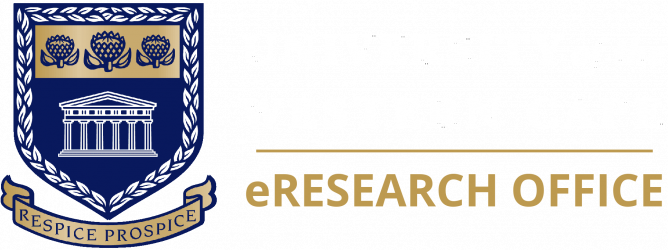A license is a document that specifies what can and cannot be done with a work or data (regardless of format). It grants permissions and states restrictions. Broadly speaking, an open license is one which grants permission to access, re-use and redistribute a work with few or no restrictions.
A Creative Commons (CC) license is a public copyright license that enables free distribution of work, and is used when an author wants to give other people the right to share, use, and build upon a work. There are six main Creative Commons licenses, varying from extremely non-restrictive to restrictive. Find out out more about Creative Commons Licenses.
No Rights Reserved
A CC0 license is the most open of the licenses, and known as the “all rights granted” license, which puts work in the public domain. Although CC0 doesn’t legally require users of the data to cite the source, it does not take away the moral responsibility to give attribution, as is common in scientific research. However, it should only be used by researchers who are happy to waive rights and attribution.
Attribution Only
A CC-BY license allows for research to be openly available whilst still ensuring that others give you credit in the form of a citation. This licence lets others distribute, remix, tweak, and build upon work (even commercially) as long as they credit you for the original creation. This is the most accommodating of licences offered. It is recommended for maximum dissemination and use of licenced materials. A CC-BY is the most commonly recommended license. From the Gates Foundation: “Transforming the lives of the world’s poorest people will require the collaboration of many partners, and it is crucial that they can access and use research without restriction. A CC BY license allows users to build upon the research without restriction2“.
Attribution-ShareAlike
A CC BY-SA license lets others remix, adapt, and build upon your work even for commercial purposes, as long as they credit you and license their new creations under the identical terms. This license is often compared to “copyleft” free and open source software licenses. All new works based on yours will carry the same license, so any derivatives will also allow commercial use. This is the license used by Wikipedia, and is recommended for materials that would benefit from incorporating content from Wikipedia and similarly licensed projects.
Attribution-NoDerivs
A CC BY-ND license lets others reuse the work for any purpose, including commercially; however, it cannot be shared with others in adapted form, and credit must be provided to you.
Attribution-NonCommercial
A CC BY-NC license lets others remix, adapt, and build upon your work non-commercially, and although their new works must also acknowledge you and be non-commercial, they don’t have to license their derivative works on the same terms.
Attribution-NonCommercial-ShareAlike
A CC BY-NC-SA license lets others remix, adapt, and build upon your work non-commercially, as long as they credit you and license their new creations under the identical terms.
Attribution-NonCommercial-NoDerivs
A CC BY-NC-ND license is the most restrictive of the six main licenses, only allowing others to download your works and share them with others as long as they credit you, but they can’t change them in any way or use them commercially.

